Mangalore, August 13: The enquiry of the attacks on students at a homestay in the city by Hindutva activists must be handed over to the CBI, Congress leaders demanded at a protest held in front of the Deputy Commissioner's office in Mangalore on Monday.
Speaking on the occasion B Ramanath Rai, President, DK Congress, said that although leaders in the BJP led state government promised of action against the culprits of the attacks, the process of bringing them under Goonda Act has still not begun. The enquiry must hence be handed over to CBI, Mr. Rai said.
Stating that the goons behind the attack are all people with criminal backgrounds with cases against their names, Mr. Rai said that activists of such organizations have no right to talk about culture. The real perpetrators of the attack must also be brought to book, he demanded.
Dinesh Gunda Rao, MLA, also demanded a CBI probe into the attacks. The culprits are enjoying their stay in jail and the state government is trying to protect them, he alleged.
Vinay Kumar Sorake, former MP, also lambasted the BJP for taking back cases against HJV leader Jagadish Karanth. The protectors of culture were nowhere to be seen when Renukacharya, Halappa, Malpe rave party and blue film episodes took place, he said.
Manjula Naidu, State Mahila Congress President, Mayor Gulzar Banu, Mithun Rai, President, DK Youth Congress, Ivan D'Souza, Shashidhar Bhat, and other Congress leaders were present.
Earlier, a 'padayatra' was held from Lalbagh to Deputy Commissioner's office by Congress activists as part of the protest.
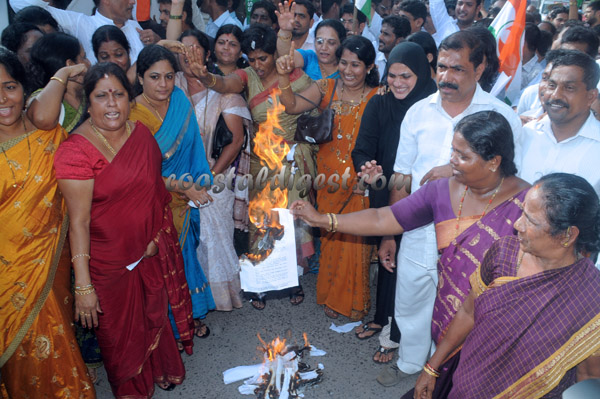
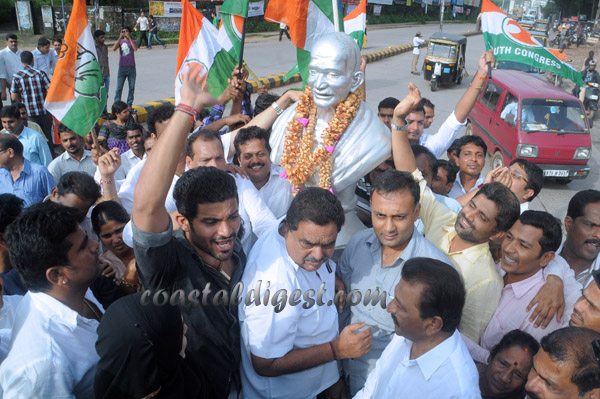
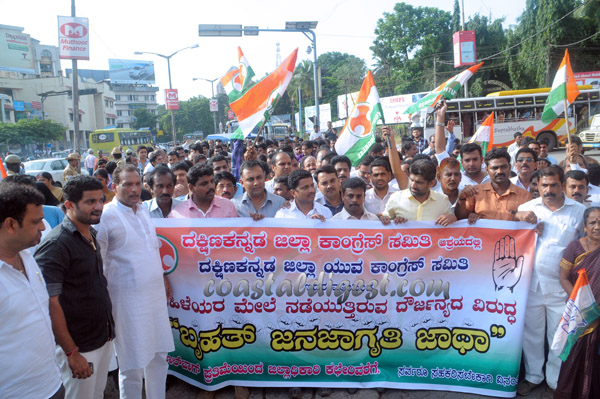
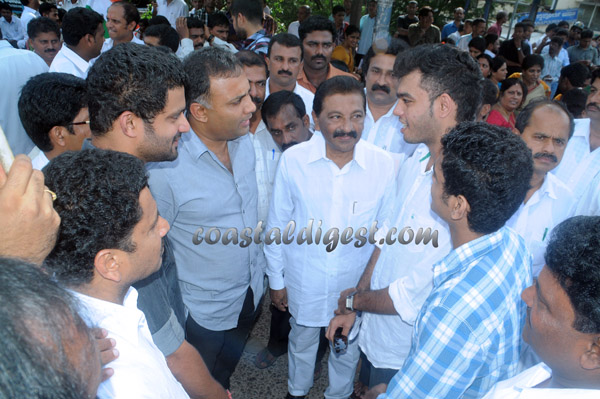
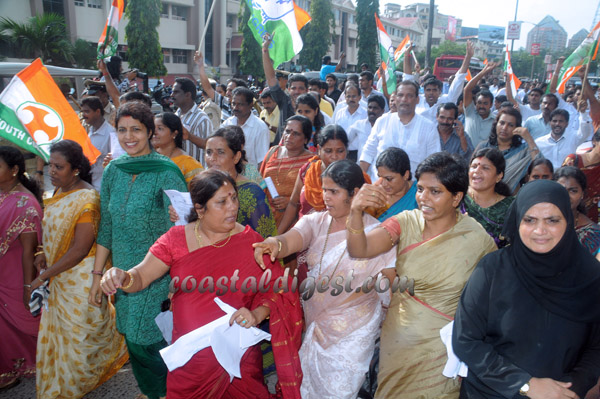
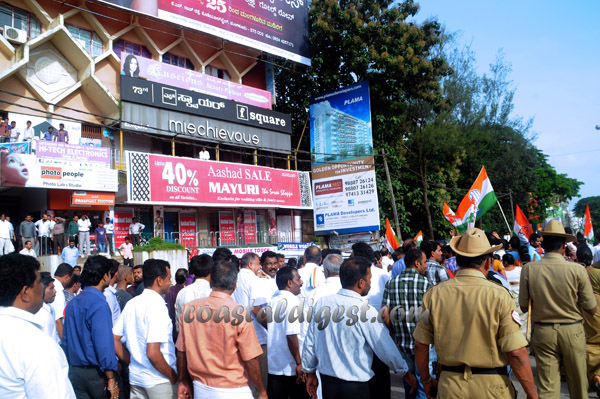
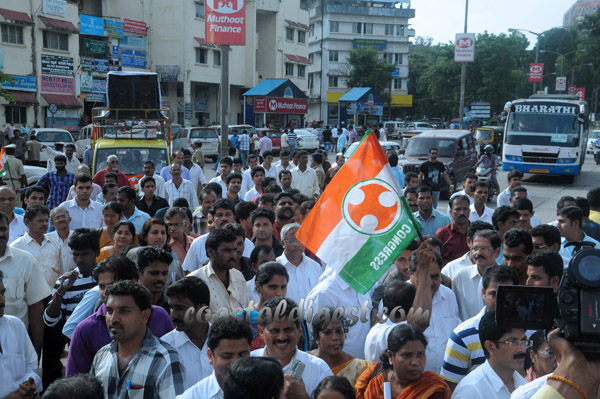
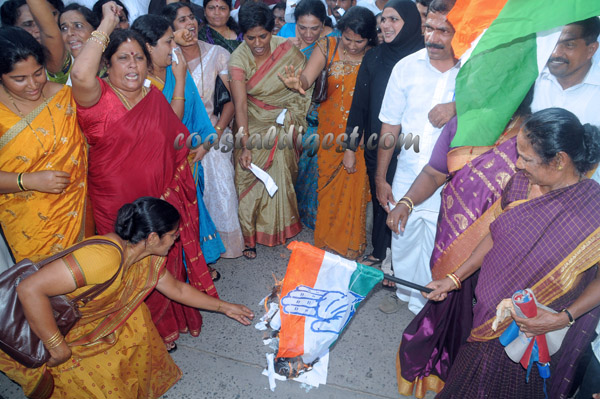
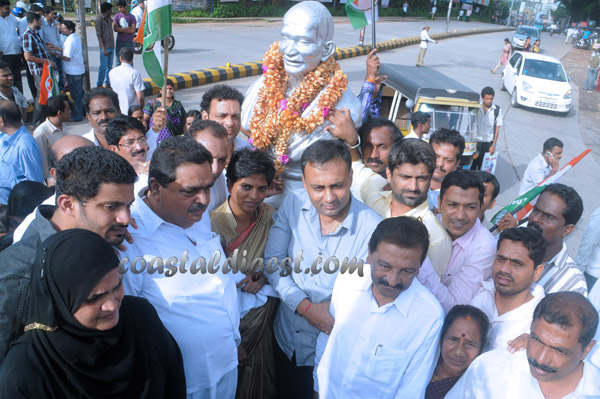
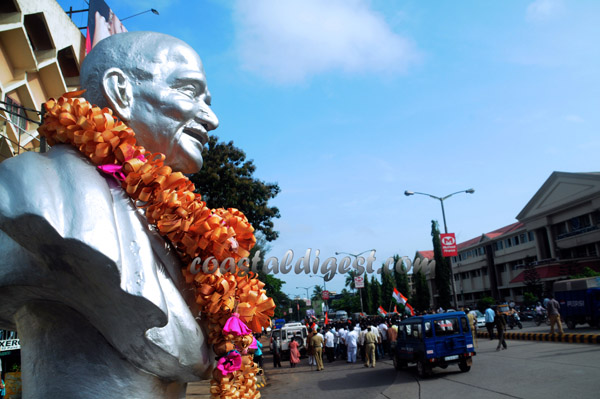





Comments
Add new comment